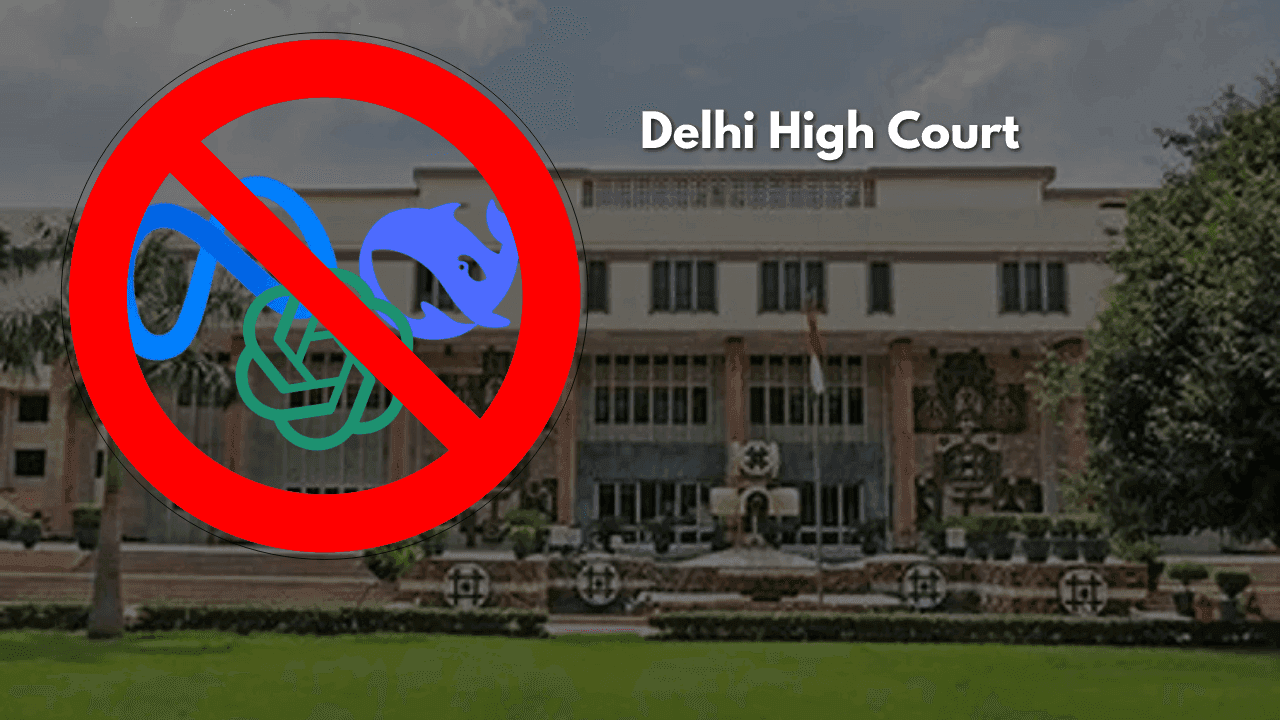In early March 2025, the FBI and the U.S. Cybersecurity and Infrastructure Security Agency (CISA) issued a critical alert about a ransomware threat targeting email users, including those on Gmail and Outlook. Known as Medusa, this ransomware has become a significant concern due to its aggressive tactics and widespread impact. The Medusa Ransomware Gmail FBI Warning highlights the urgency of protecting personal and organizational data from this evolving cyber threat.
How Medusa Ransomware Operates
Medusa first emerged in June 2021 and has since grown into a formidable ransomware-as-a-service (RaaS) operation. Its developers lease the malware to affiliates who execute attacks, often starting with phishing emails aimed at unsuspecting users. These emails trick recipients into downloading malicious files or clicking links, allowing Medusa to infiltrate systems and encrypt valuable data.
The Double Extortion Tactic
Once inside a network, Medusa doesn’t just lock files—it also steals them. Attackers demand ransoms ranging from $100,000 to $15 million, threatening to leak sensitive information if payments aren’t made. This double extortion approach has hit over 300 victims by February 2025, including sectors like healthcare, education, and technology, as noted in the Medusa Ransomware Gmail FBI Warning.
Why Email Users Are at Risk
The FBI’s advisory zeroes in on email as the primary entry point for Medusa attacks. Phishing campaigns target Gmail and Outlook users with deceptive messages that appear legitimate. Opening an attachment or clicking a link can unleash Medusa, which then spreads across networks, locking files and exfiltrating data for leverage.
Protective Measures from the FBI
To combat this threat, the FBI and CISA recommend enabling two-factor authentication (2FA) on all email accounts and critical systems. This extra security layer can thwart attackers even if passwords are stolen. The Medusa Ransomware Gmail FBI Warning stresses that 2FA is a simple yet effective defense for Gmail users.
Keep Software Updated
Another key step is to regularly update software, operating systems, and firmware. Medusa exploits known vulnerabilities in unpatched systems to gain access. By staying current with updates, users can close these gaps and reduce their exposure to the ransomware highlighted in the Medusa Ransomware Gmail FBI Warning.
The Power of Backups
Backing up data is a lifesaver against ransomware. The FBI advises storing backups offline—on external drives or secure cloud services not linked to your main network. For Gmail users, tools like Google Takeout can archive emails and attachments, ensuring recovery is possible without paying a ransom.
Staying Vigilant with Emails
Phishing emails are Medusa’s main weapon, so caution is critical. The FBI urges users to avoid opening unsolicited emails, especially those with links or attachments, and to verify senders before acting. The Medusa Ransomware Gmail FBI Warning emphasizes reporting suspicious emails to IT teams or deleting them outright.
Don’t Pay the Ransom
Paying attackers doesn’t guarantee data recovery and may fuel more crime. The FBI strongly advises against it, instead encouraging victims to report incidents to authorities. This helps track Medusa’s spread and could aid in reclaiming stolen data, a point reinforced in the Medusa Ransomware Gmail FBI Warning.
Who’s Behind Medusa?
The ransomware is tied to a group called Spearwing, active since early 2023. Spearwing’s affiliates exploit weak passwords and outdated systems to deploy Medusa. Their focus on sensitive data makes them a persistent threat to both organizations and individual email users.
Steps if You’re Attacked
If you suspect a Medusa infection, the FBI recommends disconnecting affected devices from the network immediately to limit damage. Reporting the attack to the FBI or CISA is also crucial, whether you pay the ransom or not. This aligns with the guidance in the Medusa Ransomware Gmail FBI Warning.
A Growing Cyber Threat
Medusa’s sophistication—combining encryption, data theft, and affiliate networks—shows how cyber threats are evolving. The Medusa Ransomware Gmail FBI Warning serves as a wake-up call for Gmail and Outlook users to adopt stronger security habits and stay informed about protecting their digital lives.
Final Thoughts
The Medusa Ransomware Gmail FBI Warning underscores the need for proactive cybersecurity. By enabling 2FA, updating systems, backing up data, and avoiding phishing traps, users can shield themselves from this dangerous ransomware. Staying vigilant is the best defense against Medusa’s relentless attacks.



















